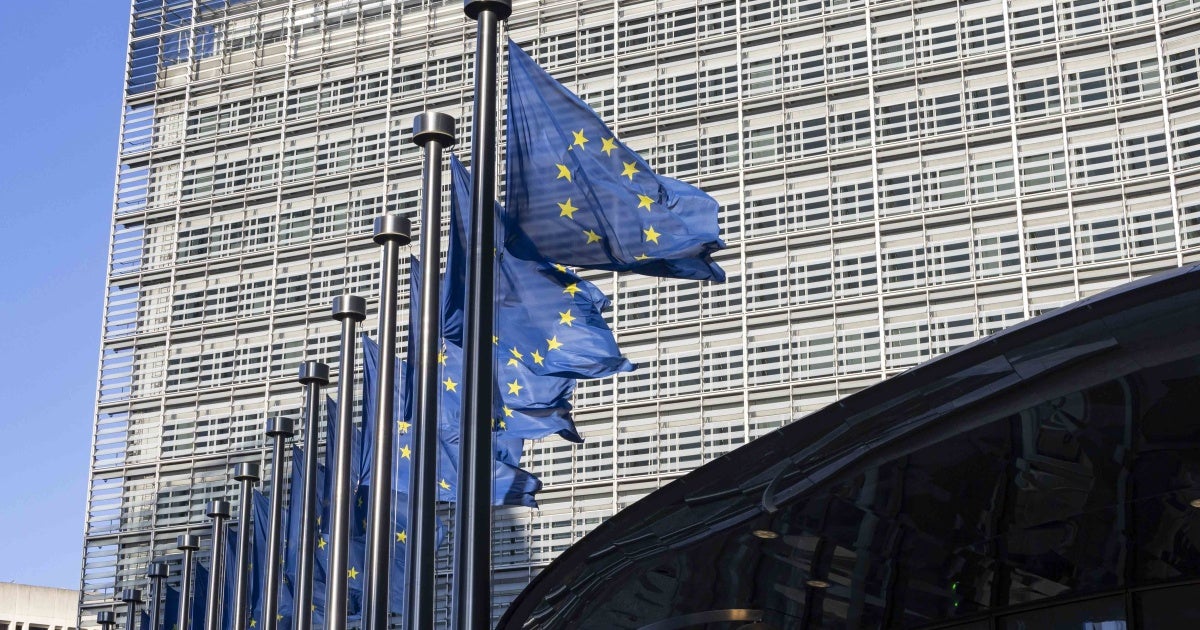EU Launches New LGBTIQ+ Strategy
Click to expand Image Flags of the Europe waving in front of the Le Berlaymont building, headquarters of the European Commission, in Brussels, Belgium in April 2024. Building on the 2020-2025 framework, it reaffirms the goal of making “a Union of Equality” a lived reality, while confronting the surge in anti-LGBTIQ rhetoric and violence across Europe and beyond. The strategy aims to strengthen the EU’s legal and policy framework against discrimination, calling for the full implementation of the Equal Treatment Directive and stronger safeguards against hate speech, hate crimes, and “conversion practices.” It also reinforces commitments to inclusive education, equitable health care, and recognition of diverse families across member states. By embedding LGBTIQ+ equality in EU external action, the strategy positions the EU as a global defender of LGBTIQ+ rights. Through the Neighbourhood, Development and International Cooperation Instrument and the Citizens, Equality, Rights and Values programme, the EU pledges continued funding for human rights defenders and civil society worldwide, making equality a pillar of EU development and foreign policy. These commitments are crucial as the EU negotiates its next seven-year budget, especially at a time when cuts to foreign aid are hurting LGBTIQ+ organizations worldwide. The strategy comes at another critical juncture: Within the EU, crackdowns on LGBTIQ+ rights in countries including Hungary, Slovakia, and Bulgaria highlight the EU’s mixed record and the need for more concerted action by the commission to hold member states accountable. These trends mirror a global backlash marked by the spread of anti-LGBTIQ+ and anti-gender narratives, the criminalization of same-sex relations, and the targeting of transgender people. The new EU strategy seeks to anchor LGBTIQ+ equality as essential to democratic resilience, linking internal coherence with external credibility. Nonetheless, challenges persist. Implementation will depend heavily on member states’ political will, and enforcement mechanisms remain limited. Moreover, while external funding is vital, ensuring that it reaches grassroots actors in repressive contexts will require greater flexibility and direct-access mechanisms. Overall, the LGBTIQ+ Equality Strategy 2026-2030 is a reaffirmation of the EU’s aspiration to be a global human rights leader. It sends a clear message: protecting LGBTIQ+ rights is central to democracy, social justice, and the EU’s identity at home and abroad. The EU and its member states should honor the ambitions articulated in the strategy in political and financial decisions both domestically and internationally.
